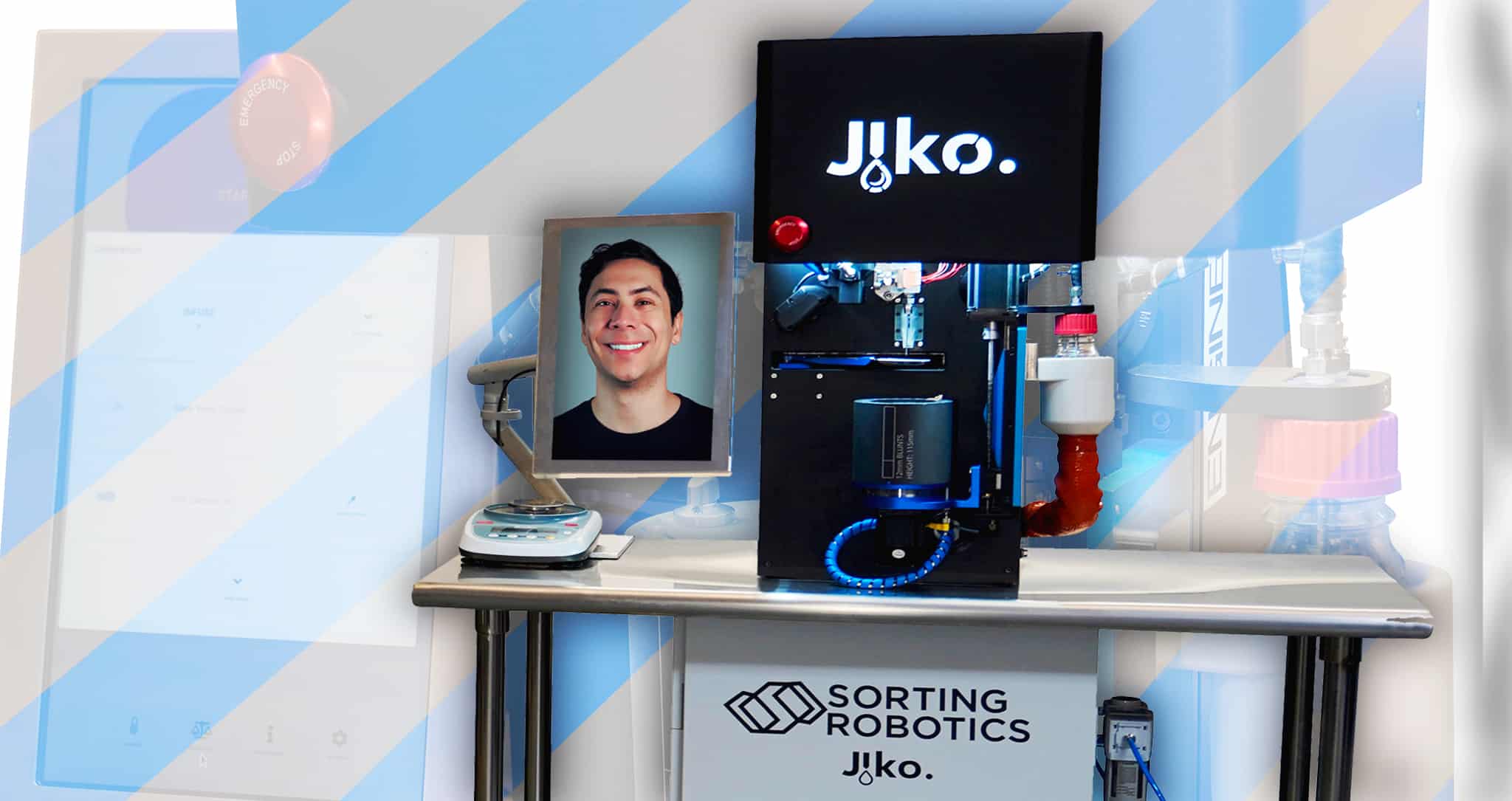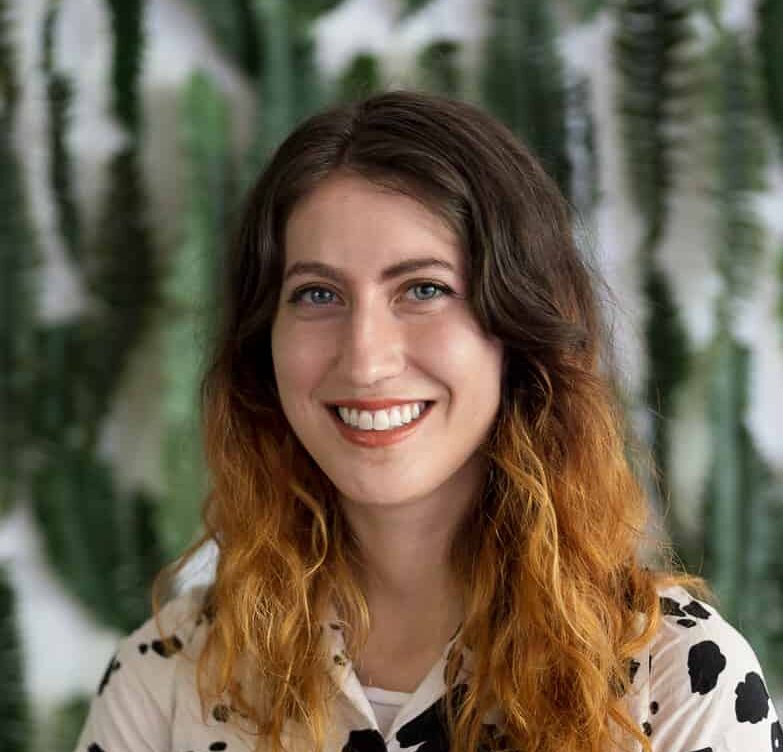When engineering an instrument to produce oxygen on Mars for future exploration, Nohtal Partansky didn’t necessarily see cannabis in his future. The former NASA-JPL engineer had smoked weed in college, but it was just a recreational activity.
“But I didn’t smoke at NASA, because you’re not supposed to, on the record,” he laughs.
He was interested in potentially building something for the cannabis industry before NASA, he recalls. Washington and Colorado went legal while he was a grad student, and he remembers thinking, “Damn, that sounds cool. What can I do in that industry? I’m sure I could build stuff.”
Of course he could build stuff. Partansky went on to get a master’s in aerospace engineering and a degree in mechanical engineering. When he shared with friends his initial thoughts about entering the cannabis industry, they persuaded him out of it. “I guess I just didn’t talk to the right people,” he chuckles.
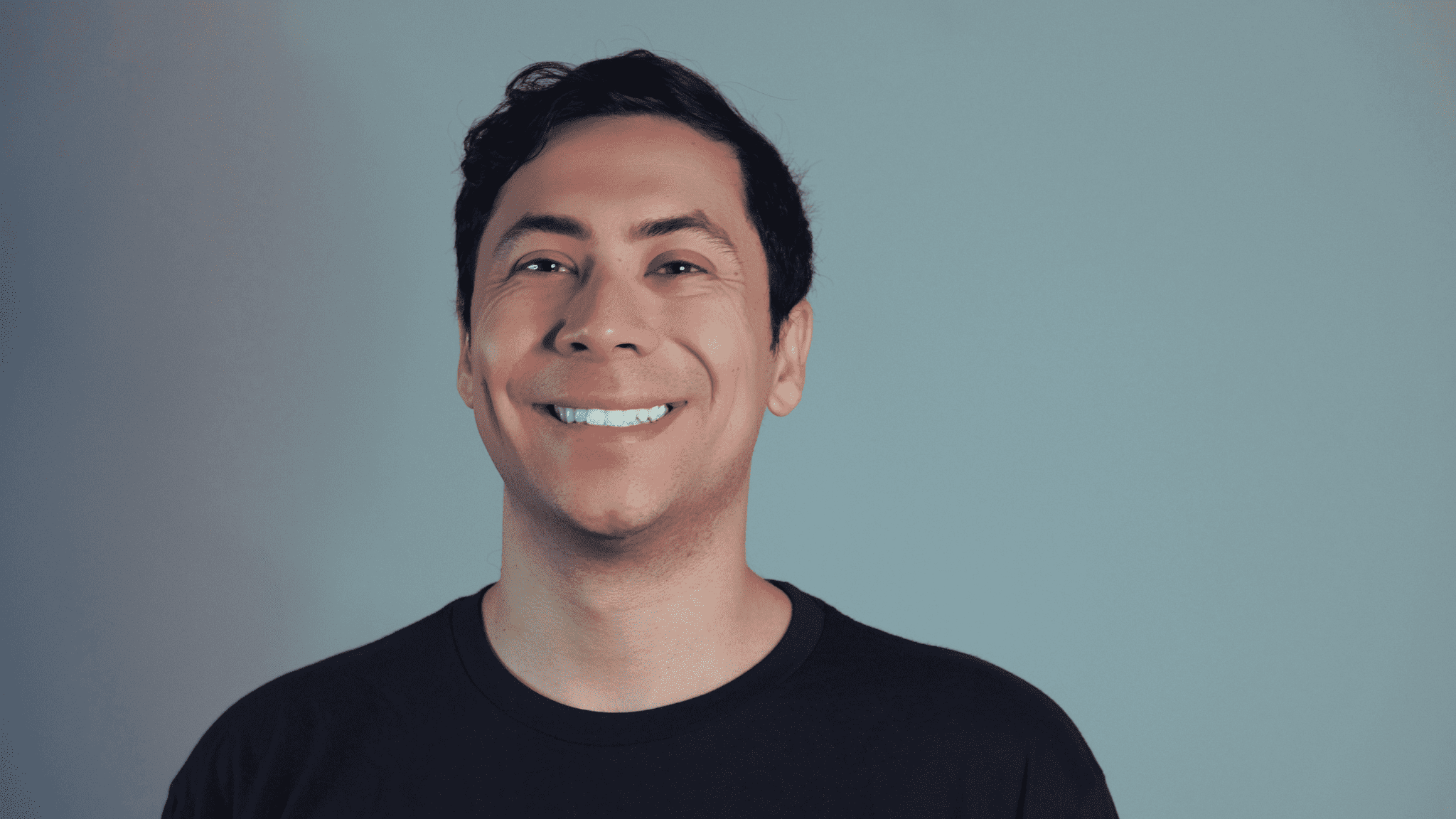
Partansky grew up in LA and went to undergrad at UC Davis, where he also received a minor in performance music. He tells me that it took him about four and a half years to graduate, and my mind goes straight to family or personal struggles, financial issues, or the like. But that’s not the case. “I took six months off to go work at a rocket company in the Mojave Desert,” Partansky says casually, while I envision him shooting rockets through expansive sand dunes and sunsets.
From there, he got his master’s at Georgia Tech and went on to build his first business, a desktop 3D printing company. After a couple of years, he closed shop, citing issues with a hyper-fragmented market.
“It’s a lot like being a plant touching entity in cannabis right now,” he says of that time. “It’s so new that it’s hard to stand out and actually have a good value proposition. But the cannabis market is much larger.”
Following 3D printing, Partansky headed to NASA-JPL for the next few years, where he helped engineer MOXIE. While developing an instrument to take in the atmosphere of Mars and convert it to oxygen for humans to breathe, the enterprising engineer started another company. This time, it was all about vegan hamburgers. The venture lasted a little under a year before he closed up and decided he wanted to return to the robotics space.
After departing from NASA-JPL and just a week after shutting down the vegan grub business, Partansky founded Sorting Robotics. He launched the company alongside a friend he knew from grad school and an app developer and fellow Magic the Gathering player he knew from the internet. Cannabis wasn’t on the docket yet—they were building a card sorting machine.
Over time, Partansky came back to his initial idea of building something for the cannabis industry, and the company’s purpose evolved into cannabis automation. Today, Sorting Robotics combines real-time production data analytics with IoT hardware to help manufacturers effectively monitor and scale production.
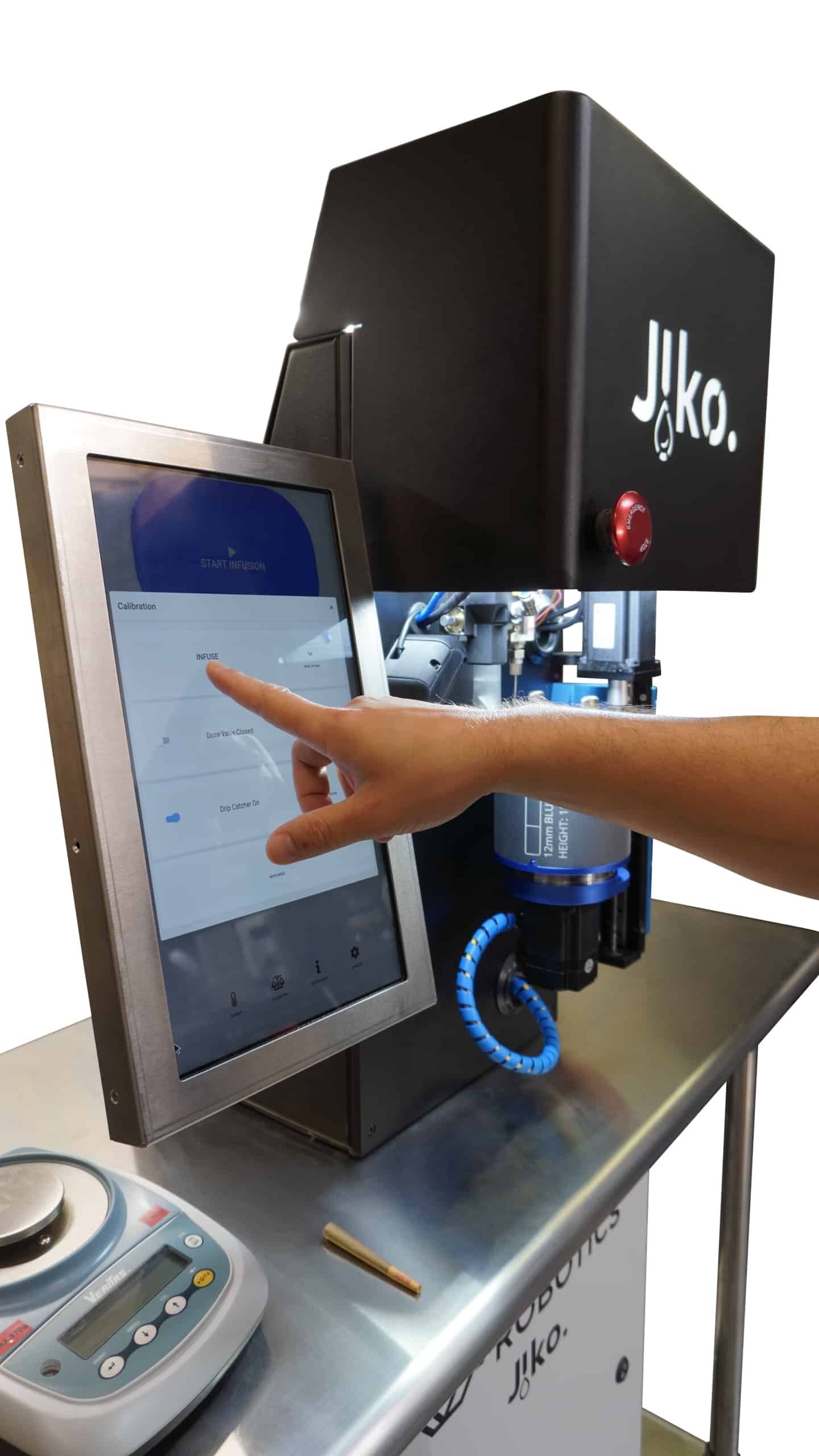
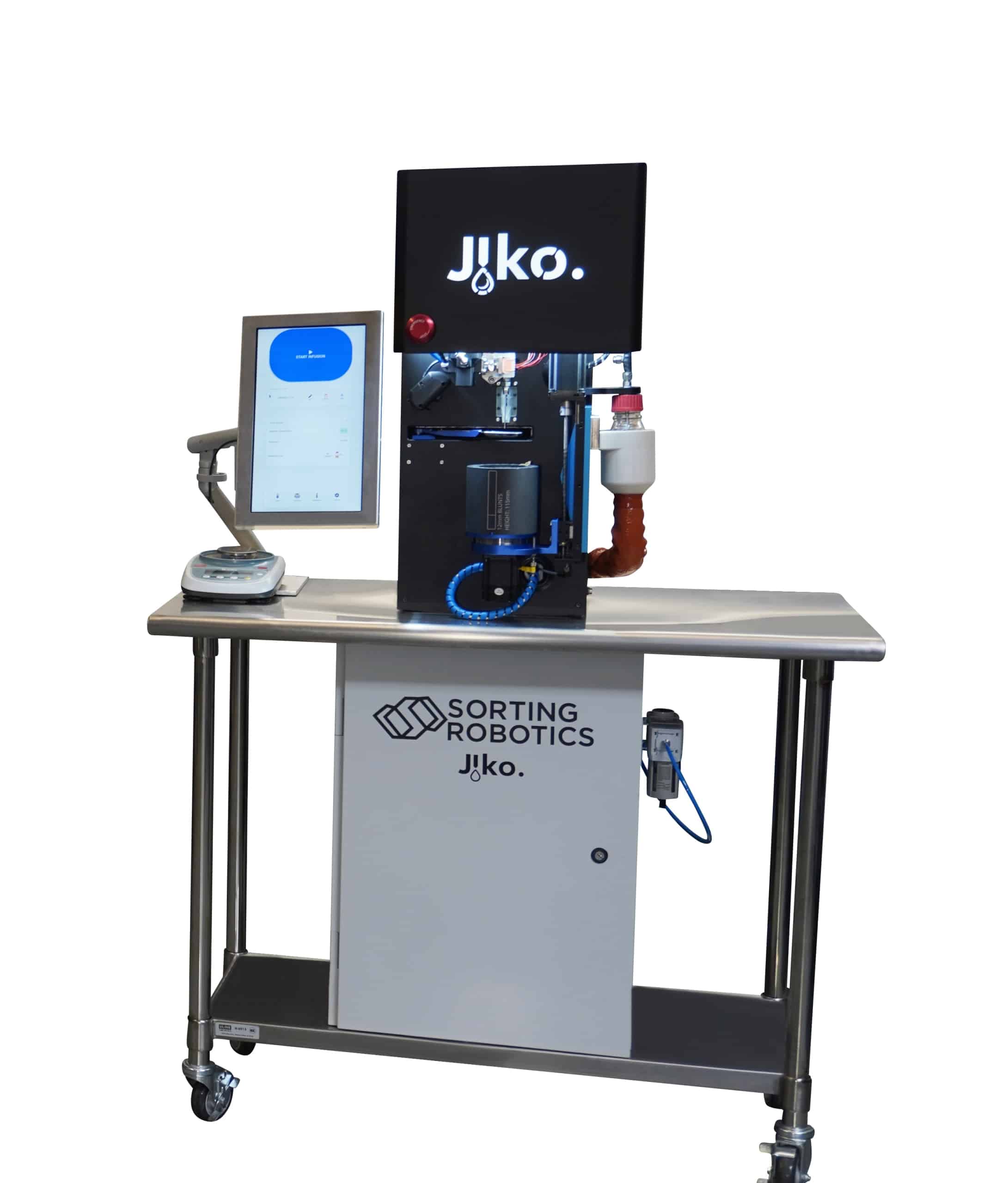
If your brain also misfires as soon as technical jargon is involved, don’t worry. Partansky has a knack for simplifying complex systems so the general public can understand.
“The Jiko robot in its simplest form is an automation injection machine,” he tells me. “If you were to take a syringe and inject a concentrate line into a pre-roll, it automates that process in a highly calibrated and highly tunable way.”
The Omni-Filler is a vape cartridge filling machine that can fill 100 vape carts per tray in seventy-five seconds. “It’s also like a syringe. But it’s a very complicated, temperature-controlled syringe that can do a lot of stuff at once.”
And then there’s the Mayweather, which Partansky says they don’t really sell right now. Mayweather takes jars off of the assembly line and places them into boxes. Finally, there’s Eli, an agricultural sortation system that takes cannabis biomass and uses A.I. and computer vision to separate the good stuff from the bad.
Though Partansky seamlessly simplifies the processes for my understanding, it’s clear there are layers under layers to this work.
“Robotics companies are so difficult to build,” explains Partansky. “It’s like building a hardware company which has its own kind of known problems, like supply chain, manufacturing, that’s all kind of a pain. But then you’re also building a software company. Software companies have their own supply chain and configuration control and talent that make it difficult to build. Then you combine them and it’s not like one plus one is two, making it twice as hard. One plus one is three times as hard.”
Nohtal speaks highly of his team of just twelve full-time employees, noting the special synergy they’ve created through challenges. “Once you’re able to get a group together that can actually leverage that, it’s special. You want to utilize it to generate as much value as you can.”
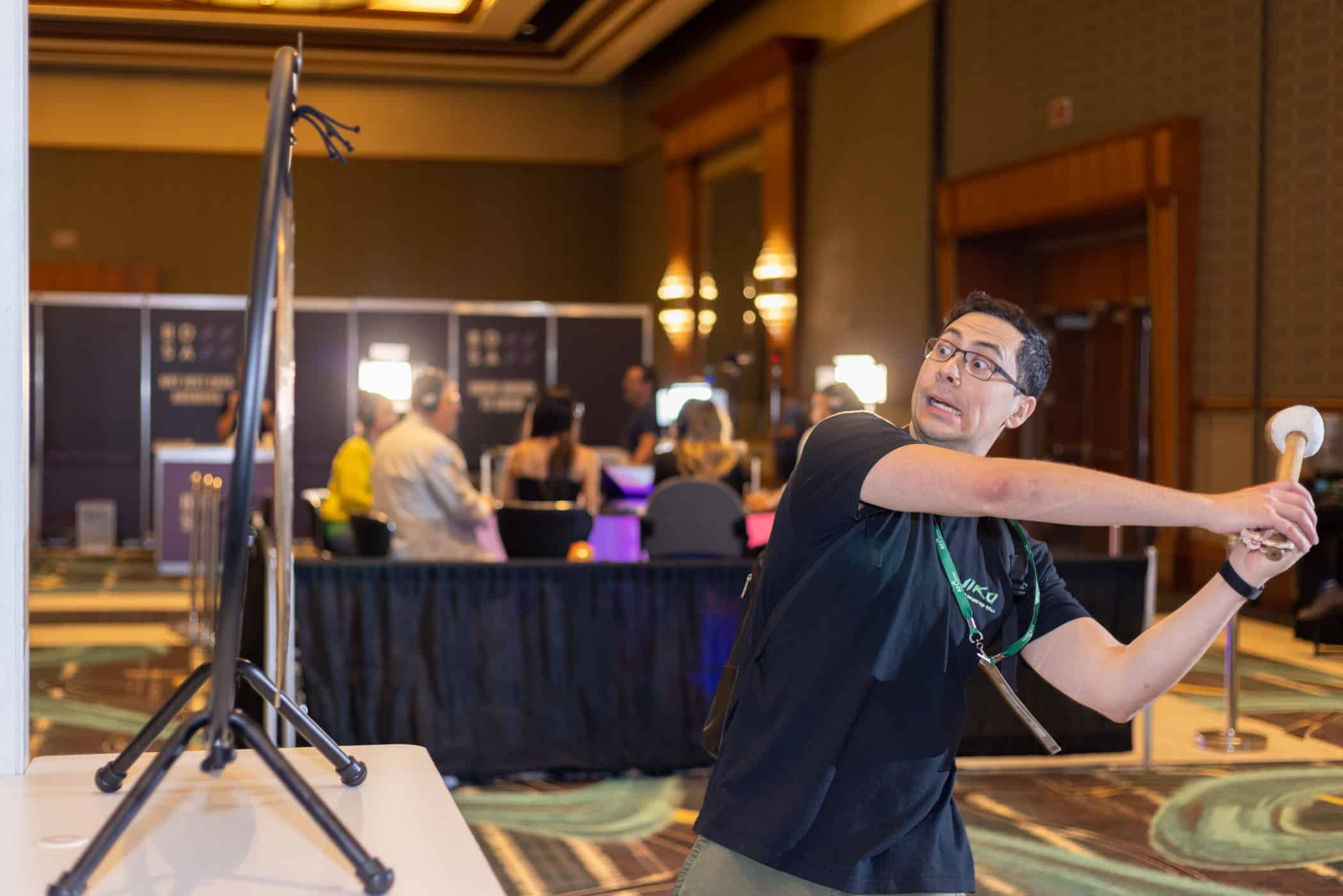
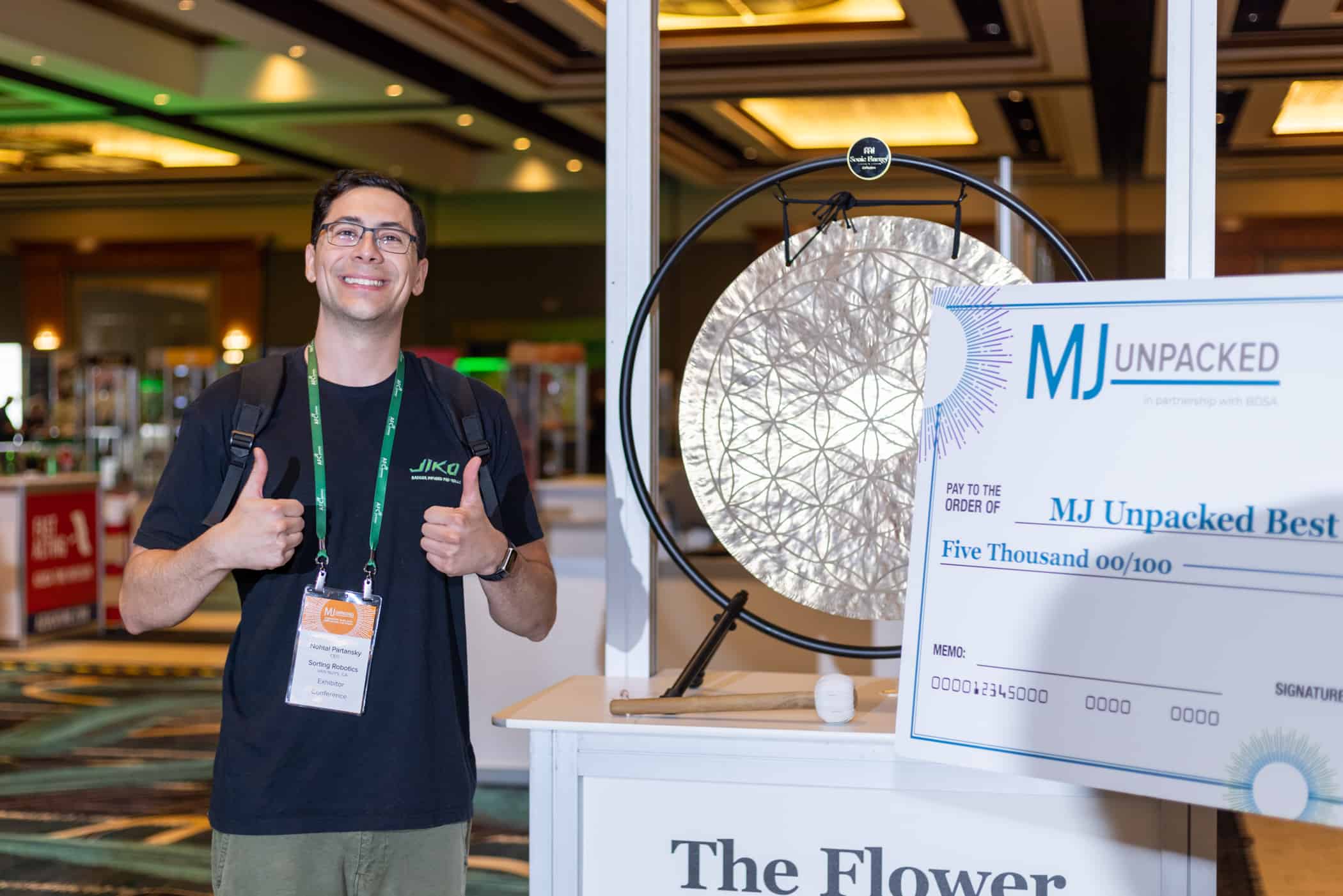

Sorting Robotics recently won the pitch presentation at MJ Unpacked. In talking with Partansky, it’s easy to see why the company captured accredited investors’ attention. Sorting Robotics offers practical solutions for diverse sectors of the industry, and Partansky has an aptitude for making these complex systems seem accessible.
“We want to sophisticate the cannabis industry,” he says. “Cannabis is moving from this cottage industry to fully commercialized, and many of the operators are running a legitimate business for the first time and they don’t know how to scale. Many of them don’t even have the tools to do it. We see our role as helping to build those foundational building blocks and sophisticating the industry through sophisticated hardware and enterprise customer support.”


